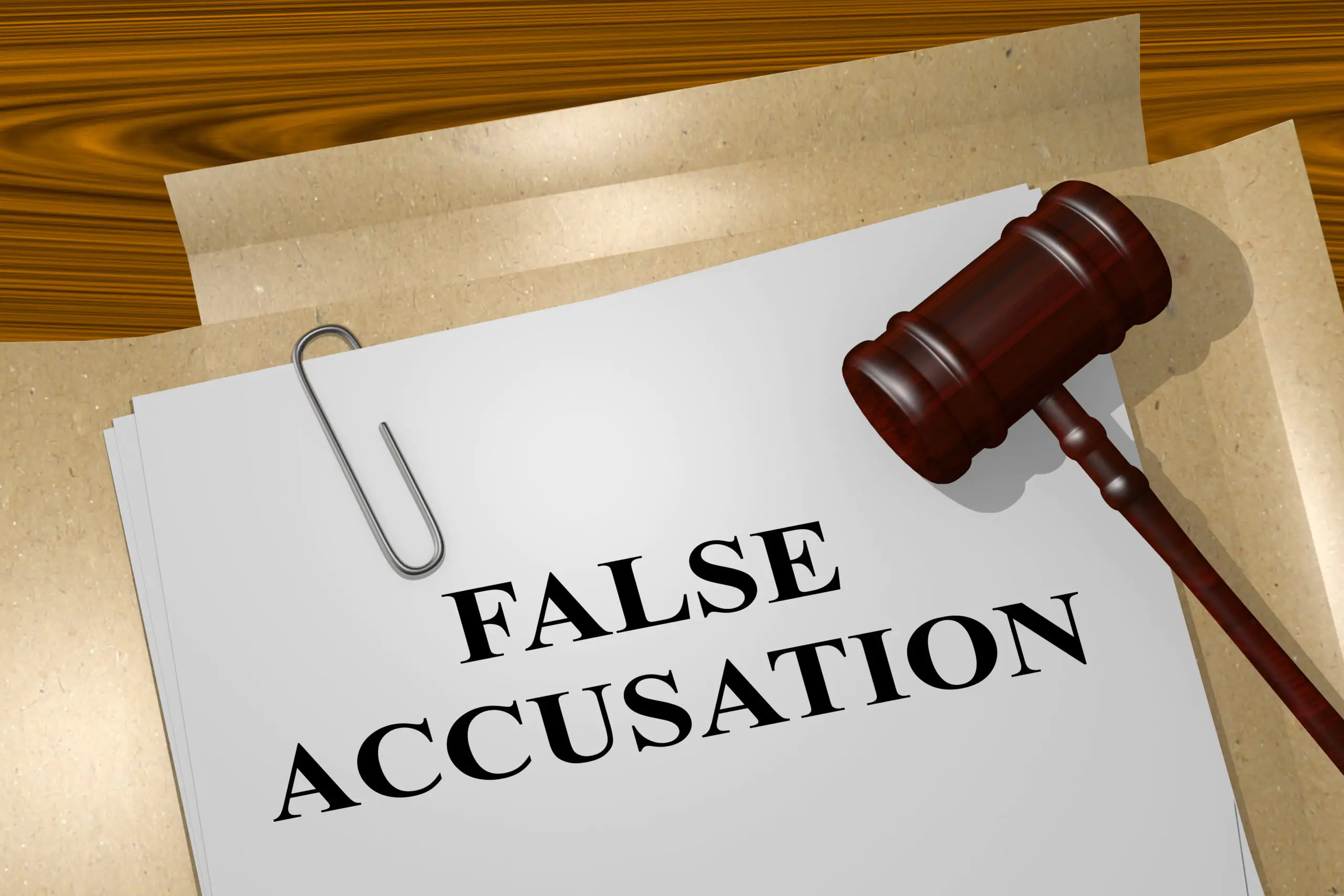1 Oct, 2023 | Health BM | No Comments
Unraveling the Web of False Accusations: Navigating Workplace Challenges

In the complex landscape of today’s workplaces, one issue that can wreak havoc on careers, reputations, and company cultures is false accusations. False accusations at work are allegations or charges made against an individual that are not based on facts or evidence. These accusations can take various forms, from claims of misconduct to allegations of incompetence, and they can have far-reaching consequences. In this article, we’ll delve into the world of false accusations at work, understanding their nature, consequences, prevention strategies, and how to respond if you find yourself facing such allegations.
Understanding False Accusations
False accusations can be particularly insidious because they often arise from complex interpersonal dynamics or personal motivations. It’s essential to understand the various forms false accusations can take and be able to recognize red flags. Some common types of false accusations include claims of harassment, discrimination, theft, or unethical behavior. These accusations may stem from jealousy, personal vendettas, or a desire to gain an advantage within the workplace.
In recognizing red flags, it’s important to be vigilant when allegations lack credible evidence, are inconsistent with the accused person’s character and past behavior, or appear to have ulterior motives behind them. Understanding these elements can help individuals and organizations identify and address false accusations more effectively.
Consequences of False Accusations
False accusations can have severe consequences for individuals and organizations alike. On a personal level, the accused may experience emotional distress, damage to their reputation, and even job loss. Professionally, false accusations can undermine trust within a team, damage workplace morale, and lead to increased turnover as employees become disillusioned with the work environment.
Moreover, there are legal implications to consider. False accusations can lead to costly lawsuits and damage a company’s image in the eyes of the public. Organizations must be proactive in addressing false accusations to prevent long-term harm to their employees and their reputation.
Prevention Strategies
Preventing false accusations begins with fostering a culture of trust and transparency within the workplace. When employees feel they can openly communicate and address concerns, they are less likely to resort to false allegations. Employers should encourage open and honest dialogue and provide avenues for employees to report issues without fear of retaliation.
Additionally, establishing clear communication channels is vital. Employees should know how to report concerns or grievances formally, ensuring that their voices are heard and addressed appropriately. Companies can also benefit from implementing whistleblower protection policies that safeguard employees who report wrongdoing in good faith.
Documenting work-related interactions is another preventive measure. Keeping records of meetings, emails, and other communications can help protect against false allegations. Having a clear record of events can be invaluable if you need to refute baseless claims.
Responding to False Accusations
When faced with false accusations, maintaining professionalism is paramount. Reacting defensively or emotionally can exacerbate the situation. Instead, take a composed and rational approach. Gather evidence and documentation that can substantiate your side of the story. This may include emails, messages, or witness statements that can refute the allegations.
Seeking mediation or HR intervention can also be beneficial. A neutral third party can help facilitate a resolution and ensure that the matter is handled impartially. It’s essential to remember that false accusations can harm not only the accused but also the accuser, as they may face consequences for making baseless claims.
Legal Considerations
Understanding your rights and legal options is crucial when dealing with false accusations. Consult with legal counsel if necessary to assess your situation and determine the best course of action. In some cases, pursuing legal action against the accuser may be warranted to protect your reputation and seek redress for any damages incurred.
Rebuilding Trust and Reputation
If you’ve been falsely accused, rebuilding trust and reputation within the workplace is a challenging but essential endeavor. Stay focused on your job performance, maintain a professional demeanor, and work on restoring relationships with colleagues. Over time, your consistent actions will help dispel doubts about your integrity.
Conclusion
False accusations at work can be emotionally and professionally devastating, but understanding the nature of these accusations, their consequences, and how to respond is essential. By fostering a culture of trust, transparency, and open communication, organizations can mitigate the risk of false accusations. Individuals facing such allegations should respond with composure, gather evidence, and consider legal options when necessary. With the right strategies and support, it’s possible to navigate the challenges posed by false accusations and emerge with your reputation intact.